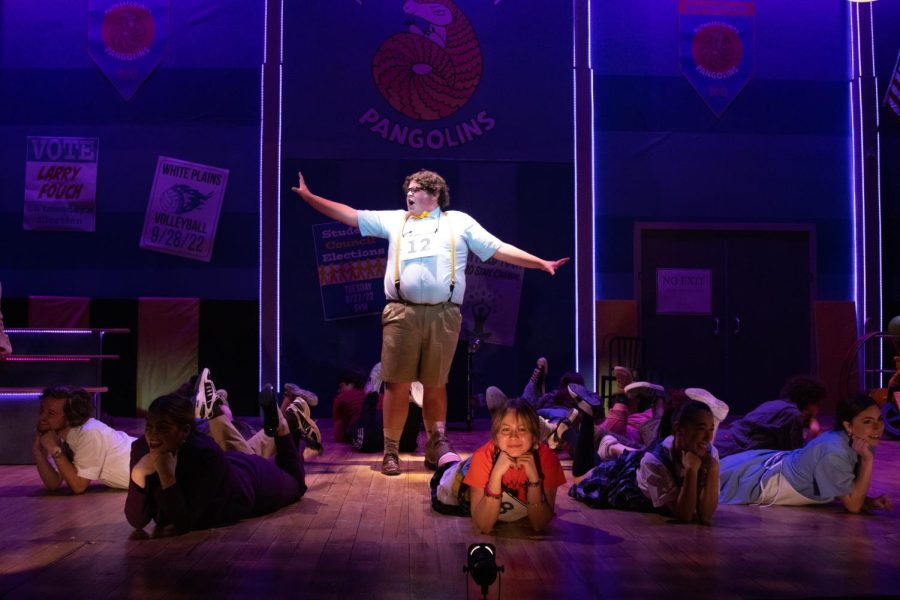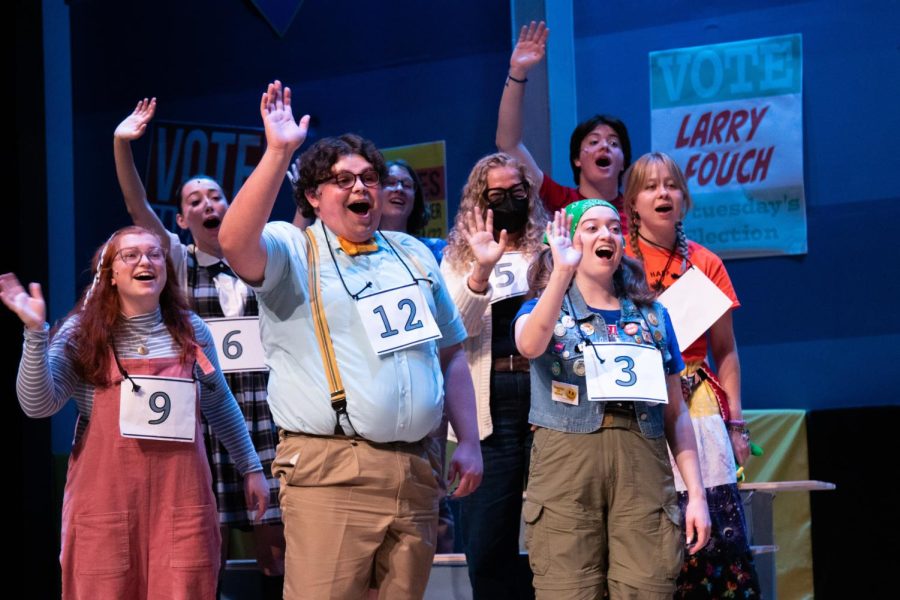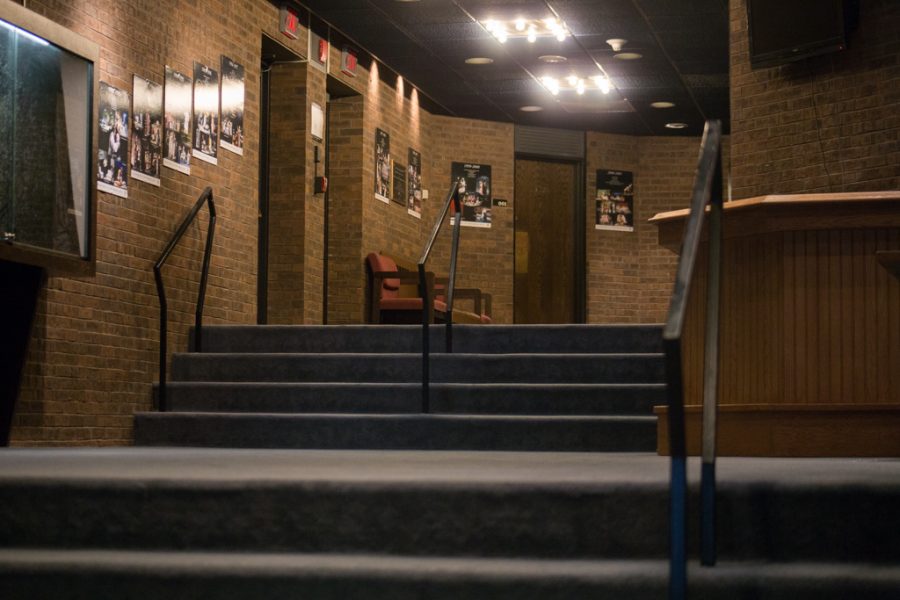 “Hi, my name is Molly and I’ll be your Islander this evening.”
“Hi, my name is Molly and I’ll be your Islander this evening.”
I doled out ten coasters and scribbled down drink orders. It was the summer before my sophomore year. I had picked up a gig at “Cheeseburger in Paradise,” a Jimmy Buffet-themed restaurant where the song by the same name plays every hour on the hour.
On my first day of training, a customer got loaded and passed out in his booth. His friends blew spitballs that stuck all over his face before carrying him to a cab around 4 p.m. It was a moment that spoke loudly of the clientele.
I returned to the table of 10, balancing a tray of ice waters. I stood at the end of the table with a sleeping baby immediately to my right. When I took one water off the tray, the equilibrium shifted. And boom. Nine glasses of ice water soaked me, the table, the floor — and gave that baby the shock of his young life.
If that wasn’t the one moment in my life when I wanted to crawl into the floorboards and die, I know what was: when I came back and did it again, spilling nine more icy waters on the same unhappy customers who grew angry and repeatedly asked, “Are you serious?,” all while Jimmy Buffet played on in the background.
It was a twisted sort of Paradise.
Our own Al McGuire once said, “I think everyone should go to college and get a degree and then spend six months as a bartender and six months as a cabdriver. Then they would really be educated.”
I couldn’t agree with this ideology more. Well, maybe only a smidge — if Al had thrown “six months as a server” in there as well. Serving tables was the hardest job I have had thus far in my young life, and there’s a likely chance it may remain that way. The only reason I stuck with it was for the beaucoup bucks I made when I finally got the hang of it.
In “Nickel and Dimed,” the book our latest Marquette production is based on, writer Barbara Ehrenreich tries waiting tables for a few months. She details the challenges of serving multiple groups at once, complete with high maintenance customers and loser bosses.
Ehrenreich struggles. Not because she’s incompetent, but because serving is not so much a skill as a natural talent. Between carrying trays and refilling iced teas, you see the best and worst in people. Some days, the worst can be pretty crushing. A good server has this rare-but-innate ability to care about strangers and contribute to, not interfere with, the dining experience.
And sometimes they have rather interesting insights to contribute. Restaurants are breeding grounds for eccentric characters. One of my fellow Islanders consistently came in to work on Mondays limping, legs covered in bruises. Why? She’d fallen off her horse while participating in a Civil War battle reenactment that weekend.
Most of the servers I worked alongside had two or three different jobs in the food industry, and kids at home, too. I’d come home, exhausted and misanthropic, only to crash on my couch with a bowl of cereal every night. I can’t imagine how they took on any more. Seeing this firsthand made me appreciate my college education in a new way.
So, thank you, servers, for making people’s nights even if they don’t appreciate it. Thanks for working so hard you can’t stand on your feet when you get home. Thanks for checks with smiley faces and treating strangers like friends, no matter how rude they may be.
When you have a bad night, just remember that some of the most educated, wealthy and powerful people in the world could never do your job. And to the customers out there, check out “Nickel and Dimed” at the Helfaer Theatre this weekend — and leave your next server an extra large tip.





